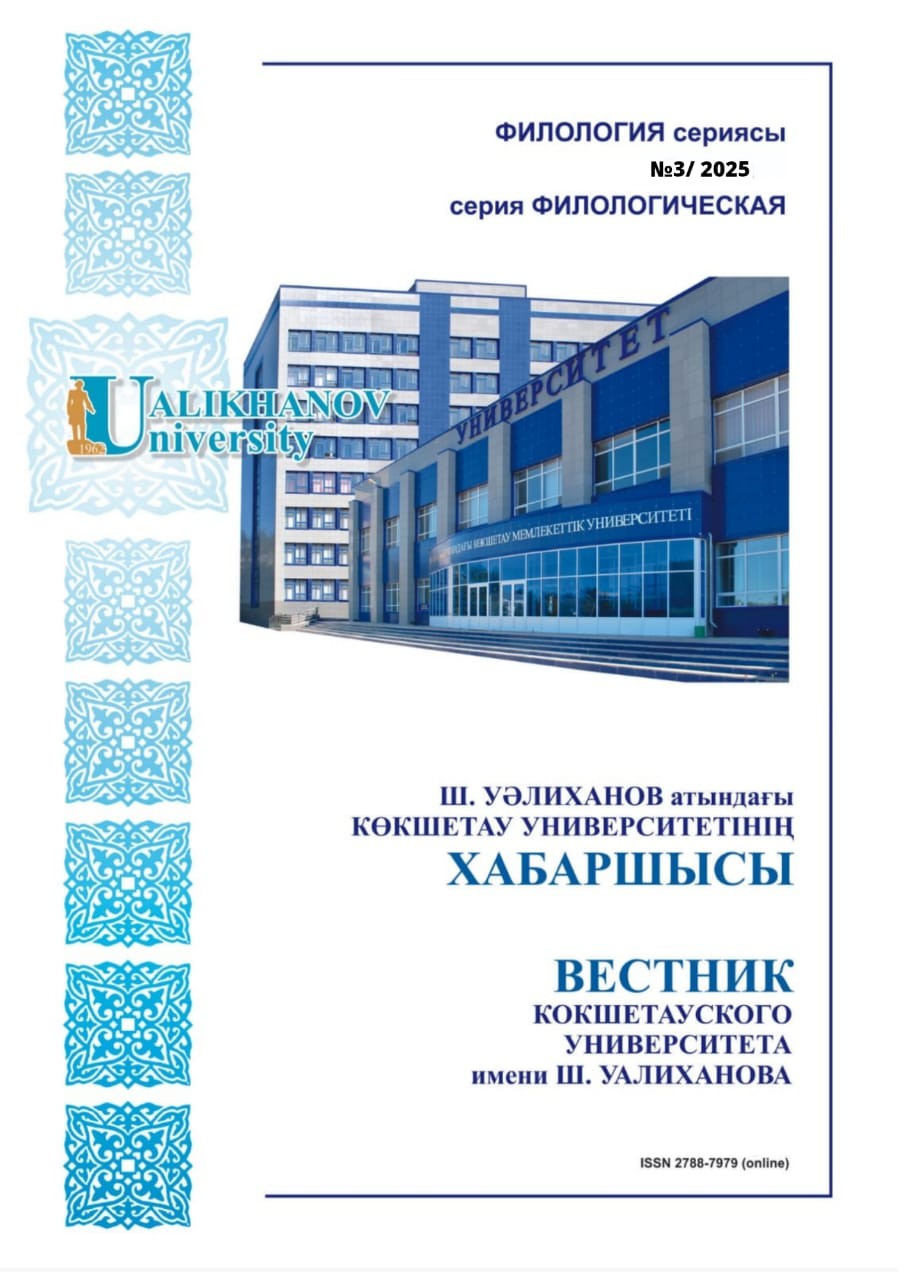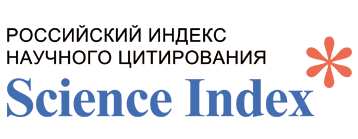Язык онлайн-петиций: юридический дискурс в контексте гражданской активности
DOI:
https://doi.org/10.59102/kufil/2025/iss3pp359-375Аннотация
Статья посвящена анализу онлайн-петиции, опубликованных на платформе Otinish.kz с сентября 2020 года по апрель 2024 года Актуальность работы связана с необходимостью понимания факторов, влияющих на положительный исход петиций, которые являются важным инструментом гражданской активности. Цель исследования – выявить закономерности, определяющие успешность петиций, с акцентом на роль юридической, логической и эмоциональной аргументации. Научная новизна заключается в определении механизмов влияния структуры и содержания заявок на их положительные результаты. Методология включает контент-анализ, семантический анализ ключевых слов и классификацию петиций по типам аргументации с использованием инструментов Parsehub и Microsoft Excel. В результате выявлено, что успешные петиции характеризуются четкой юридической аргументацией, конкретными предложениями и детальным описанием проблемы. Исследование внесет вклад в изучение цифровых форм гражданской активности, показав значимость риторики в достижении общественных целей. Практическая значимость работы заключается в том, что результаты исследования способствуют созданию эффективных петиций и улучшению коммуникации между гражданами и государством.
Ключевые слова:
лингвистика, интернет-петиция, юридический дискурс, лингвистический анализ, аргументация, контент-анализ, юридическая терминология, риторические стратегииБиблиографические ссылки
Feng S., Li M., Erstad O. Social connections matter: online and offline civic engagement among college students // Proceedings of the Association for Information Science and Technology. – 2021. –№1(58). – P. 127-138. https://doi.org/10.1002/pra2.442
Mulyono B., Affandi I., Suryadi K., Darmawan C. Online civic engagement: fostering citizen engagement through social media // Jurnal Civics Media Kajian Kewarganegaraan. – 2022. –№1(19). – P. 75-85. https://doi.org/10.21831/jc.v19i1.49723
Riski W. Communicating democratic will online: the case of mass rejection to fuel price adjustment policy in Indonesia // Jurnal Ranah Komunikasi (Jrk). – 2023. – №1(7). – P. 33. https://doi.org/10.25077/rk.7.1.33-42.2023
Brenne S. Political discussion on social media and the public sphere // Sociology and Anthropology. – 2016. – №4(4). – P. 270-275. https://doi.org/10.13189/sa.2016.040410
Indriyani D. The impact of project-based learning to build student civic engagement in the digital age // 2023. – P. 120-125. https://doi.org/10.2991/978-2-38476-096-1_14
Lai T. Legal exclusion, civic exclusion: how legal status stratifies Latino immigrants’ civic engagement // International Migration Review. – 2020. – №1(55). – P. 195-226. https://doi.org/10.1177/0197918320923274
Ellis R. “a world class city of your own!”: civic governmentality in Chennai, India // Antipode. – 2011. – №4(44). – P. 1143-1160. https://doi.org/10.1111/j.1467-8330.2011.00958.x
Kennedy K., Kuang X. Asian students’ preferred forms of future civic engagement: beyond conventional participation // 2021. – P. 193-213. https://doi.org/10.1007/978-3-030-75746-5_11
Zysberg L. Psychological aspects of civic engagement during the legislative crisis in Israel // Psychology. – 2023. – №11(14). – P. 1671-1686. https://doi.org/10.4236/psych.2023.1411097
Roque R., Dasgupta S., Costanza-Chock S. Children’s civic engagement in the Scratch online community // Social Sciences. – 2016. – №4(5). – P. 55. https://doi.org/10.3390/socsci5040055
Lin H. Civic participation in China: a comparative study between WeChat and Douyin as a democratic arena // Aoir Selected Papers of Internet Research. – 2023. – https://doi.org/10.5210/spir.v2023i0.13448
Zhalmakhanov Sh. Sh., Zhalmakhanova Zh. Sh. Lingvistikalyq saraptamanyñ negizgi nysany – söyleudegi dauly mätingder [The main object of linguistic examination – disputed texts in speech], Vestnik Karagandinskogo universiteta [Bulletin of Karaganda University], No. 2 (70), 21-27 (2013). [In Kazakh]
Primashov N. M. Qūqyqtyq-lingvistikalyq monitoring zañnamany zhetildiru qūraly retinde [Legal-linguistic monitoring as a tool for improving legislation], Qazaqstan Respublikasy Zangnama institutynyñ zharshysy [Bulletin of the Legislation Institute of the Republic of Kazakhstan], No. 5 (41), 126-129 (2015). [In Kazakh]
Tausogharova A. Q. Sot-lingvistikalyq saraptama mäseleleri: oku quraly [Issues of forensic linguistic expertise: a study guide] (Almaty, 2006). [In Kazakh]
Aqylbekova G. K. Lingvistikalyq saraptama: qoldanystaǵy zañnama terminologiýasy materialynda [Linguistic expertise: based on the terminology of current legislation], Qazaqstan Respublikasy Zangnama institutynyñ zharshysy [Bulletin of the Legislation Institute of the Republic of Kazakhstan], No. 2 (43), 89-92 (2016). [In Kazakh]
Tolchek V. A. Argumentatsiia v iuridicheskoi nauke: teoreticheskie aspekty i prakticheskoe primenenie [Argumentation in legal science: theoretical aspects and practical application], Problemy nauki [Problems of Science], No. 7, 28-30 (2013). [In Russian]
Rebrina L. N. Onlain-petitsii kak forma protestnoi kommunikatsii v kontekste elektronnoy demokratii [Online petitions as a form of protest communication in the context of electronic democracy], Mir nauki, kultury, obrazovaniia [World of Science, Culture, and Education], No. 3 (70), 478-483 (2018). [In Russian]
Marlia M., Nurhadi J., Puspandari D., Taufik I., Widia I., Kodariah S. et al. Plain language intervention to improve public understanding of legal language: descriptive analysis of controversial articles in the job creation law // Journal of Law and Sustainable Development. – 2024. – №2(12). – P. e3224. https://doi.org/10.55908/sdgs.v12i2.3224
Vasiliev A., Pechatnova Y., Mamychev A. Digital ecology: artificial intelligence impact on legal and environmental sphere // Ukrainian Journal of Ecology. – 2020. – №5(10). – P. 150–154. https://doi.org/10.15421/2020_222
Luo M. Law, culture and language: challenges in legal term translation from the perspective of comparative legal culture // English Language Teaching and Linguistics Studies. – 2024. – №6(6). – P. 14. https://doi.org/10.22158/eltls.v6n6p14
Опубликован
Как цитировать
Выпуск
Раздел
Лицензия
Copyright (c) 2025 Bulletin of Shokan Ualikhanov Kokshetau University Philological Series

Это произведение доступно по лицензии Creative Commons «Attribution-NonCommercial» («Атрибуция — Некоммерческое использование») 4.0 Всемирная.











